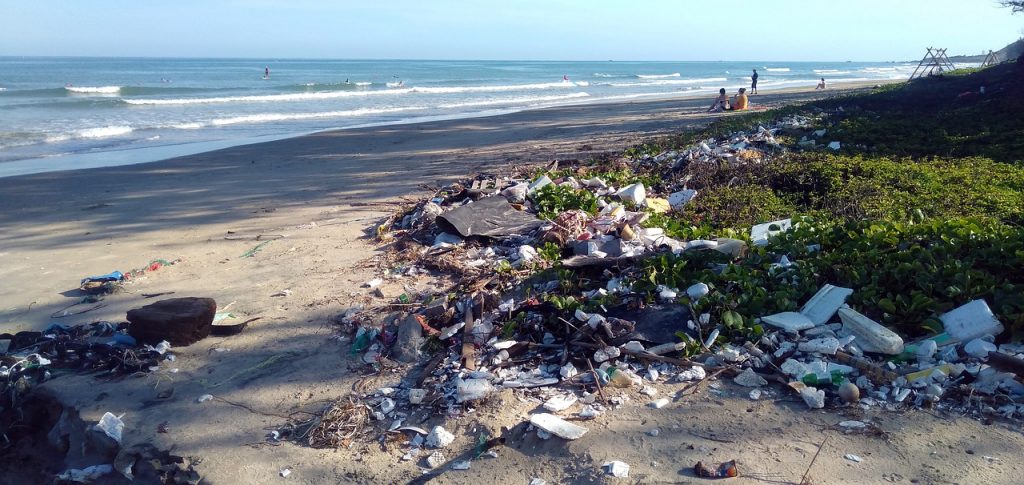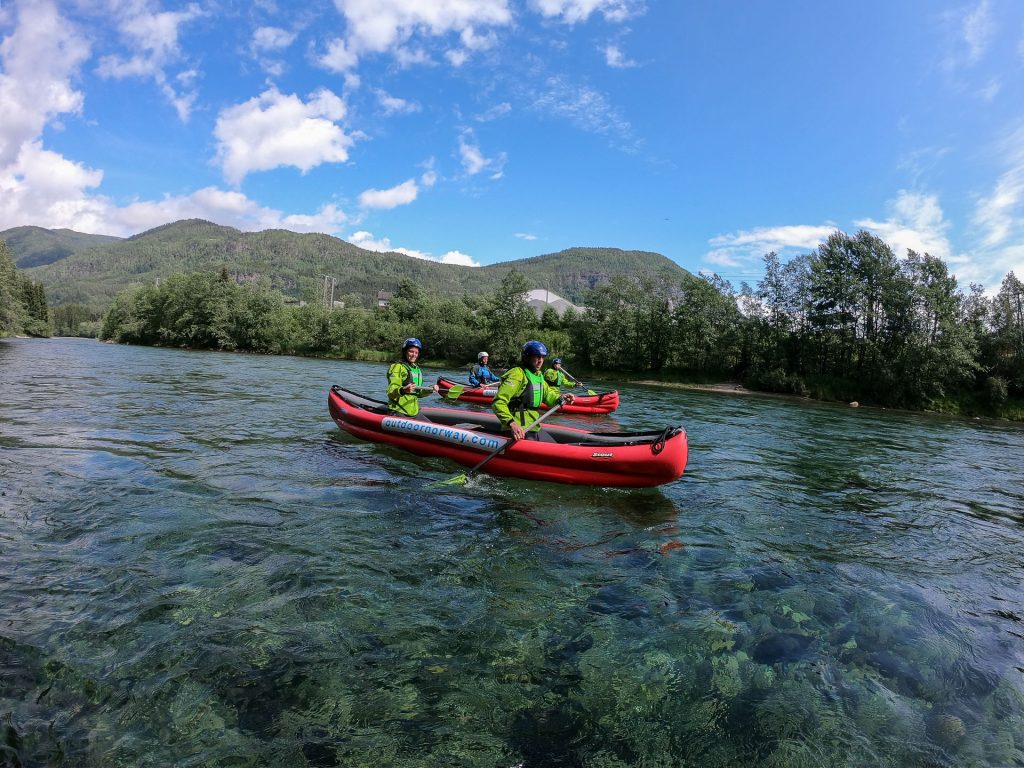Historical, religious, culinary, cultural, adventure, environmental and more.
However, the one thing in common with all these tourist streams is the fact that they all contribute to environmental degradation. While some may argue that adventure or environmental tourism may be a step in the eco-tourism level — that’s actually not true.
As adventure tour providers, we see how difficult it can be to make sure we keep the human impact of hiking trail tours or mountain biking in Voss to a minimum. That’s why it’s important to know the effects careless travelling can have on the ecosystem.
Strain on Natural Resources
In a world where water, clean air, fuel, and fertile land are in danger of depletion, tourism often concentrates activity that makes these processes go faster. Hotels, resorts, golf courses, water parks, amusement parks and other commercial tourist businesses use all of these resources to the point of exhaustion.
For example, pools, artificial lakes, fountains, decorative waterfalls are just some examples of unnecessary water wastage. Moreover, the constant use of heating or cooling by tourist companies trying to offer a luxury experience to consumers not only pollutes the air but takes up huge amounts of electricity and the resources that go into producing it.
For many farming communities, such as the ones surrounding Voss, the fertile land is also an essential natural resource. As travelers venture by and huge tourist spaces are built for them, the land and its farmable quality suffers.
.

Immense Pollution
The act of travelling itself causes huge amounts of pollution. From the carbon footprint that a flight takes, to the kind of localized air pollution that a jeep or bus can cause to a remote area — air pollution is perhaps the most obvious effect that huge amounts of commercial tourism can have.
Waste and littering is also an unfortunate consequence. Not only do reckless travelers consumer large amounts of non-biodegradable, single-use materials throughout their trip, but many people even litter. Many natural landscapes all over the world are marred by the trash that travelers leave behind when they visit.
Development Consequences
What happens when a previously serene area becomes a tourist attraction? Large hotels, resorts and other amenities start construction there. Coastlines, mountain areas, plains, lakesides and forests are all habitats to an ecosystem of wildlife and plantlife. Construction for tourist development disrupts these habitats and can threaten the existence of certain species altogether.
Resort building and development usually means deforestation as well as landscape erosion which makes mountainous areas prone to landslides as well. Clearly, there’s a lot that mainstream tourism has done that affects the natural landscape of regions worldwide.
We at Outdoor Norway, attempt to stay away from using big fancy resorts or facilities with our services. We keep things simple, so whether you choose to come with us on a Ski tour in Norway or go river kayaking in Voss – all we provide is expert guidance, high-quality equipment and the thrill of natural challenges



